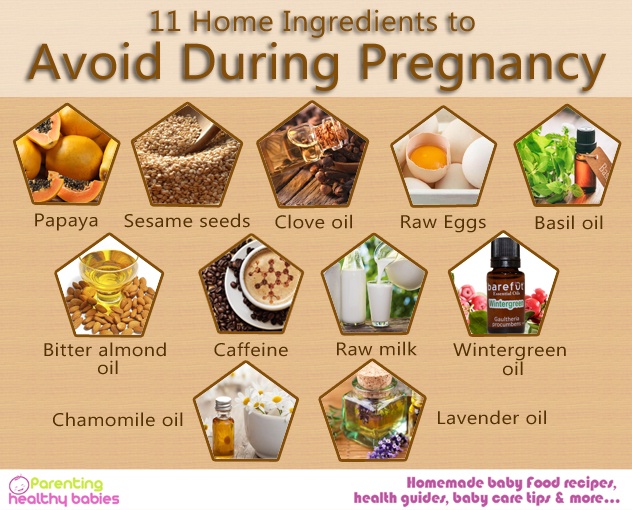In women common trigger for those prone to migraine is hormonal changes. This is often shown in pregnancy when the sex hormone levels show profound changes which has an effect on whether your migraine get better or worse.
During breastfeeding, stable oestrogen levels may be protective against having headache again after pregnancy.
Tips to Treat Migraine During Pregnancy
Dos
To relieve mild headaches during pregnancy without taking medication, try the following:
- Cool compress: should be placed on your head in lying down position.
- Avoid headache triggers: caused to by odors or foods in the past .
- Include physical activity in your daily routine: Try a daily walk or other moderate aerobic exercise.
- Manage stress : by finding healthy ways to cope with the stressors, such as delegating tasks on your to-do list.
- Practice relaxation techniques: like visualization , yoga, massage and deep breathing.
- Eat regularly : scheduled meals and maintaining a healthy diet might help prevent Also, drink plenty of fluids.
- Follow a regular sleep schedule : Sleep deprivation might contribute to headaches during pregnancy.
- Electronic monitoring of normally automated bodily functions (Biofeedback ) : with the help of mind-body technique, you learn to control certain bodily functions — such as muscle tension, heart rate and blood pressure — to prevent headaches or reduce headache pain.
- Acupuncture and acupressure : The therapies work on the principle that points in your body can be stimulated, with needles or through touch, to improve your symptoms. Acupuncture or acupressure may ease your headaches.
- Aromatherapy : Aromatic plants oils may help by putting two drops of peppermint or lavender oil on a tissue and breathe it in as often as you find it helpful.
- Bach Flower Remedies : Bach Flower may help if your headache is worse when you are tired or stressed.
Don’ts
A list of 11 things not to do while pregnant.
Don’t eat these foods
The biggest list of don’ts for pregnant women involves food.
During your pregnancy, you should avoid:
- Uncooked seafood, including oysters, mussels, and clams can be contaminated with toxoplasmosis or salmonella.
- High levels of mercury includes fish such as shark, king mackerel, swordfish, and tilefish.
- Avoid lox, kippered fish, jerky, or nova style salmon. Smoked seafood that’s shelf-safe or canned, however, is probably fine.
- Eggs includes foods that contain raw eggs, so be wary of homemade Caesar dressings, Hollandaise sauces, mayonnaise, and certain custards.
- Cheeses such as queso blanco and queso fresco should also be avoided, unless they’re made from pasteurized milk.
- Unpasteurized products could contain listeria while it’s always important to eat a balanced diet, pregnancy is an especially critical time.
Don’t paint the nursery
There’s no way to measure toxicity from actual exposure to paint, so this recommendation is based on the likelihood of toxicity that household painting has a low exposure level.
Don’t overdo it on the caffeine
It a stimulant and a diuretic, which means drinking your usual few cups of coffee every day will increase your blood pressure, heart rate, and the number of trips you make to the restroom.
Plus, caffeine crosses the placenta.
Don’t take certain medications
Speak to your doctor before taking any over-the- counter or prescription medications and supplements.
Don’t wear stilettos
Stick to heels with a 3-inch heel or less: Think kitten heels, wedges, and platforms. Add to that swollen ankles, and you may find yourself living in your flip flops.
Don’t hang out in the hot tub or sauna
If you’re feeling aches and pains during your pregnancy, relaxing in a hot tub may seem ideal.
Don’t change the kitty litter
Cat feces can carry toxoplasmosis, a rare parasitic disease. You contract it by eating raw meat or through gardening, it’s still a good idea to have someone else change the cat litter daily.
Don’t breathe secondhand smoke
It terrible for you and your baby, but secondhand smoke can be nearly as bad.
Exposure to secondhand smoke during your pregnancy can lead to:
- miscarriage
- premature delivery
- low birth weight
- grows sudden infant death syndrome
Don’t drink
Wine, beer, and liquor during your pregnancy should be avoided.
Other potential risks include:
- premature birth
- fetal alcohol spectrum disorders
- brain damage
- birth defects
- miscarriage
- stillbirth
Don’t sit or stand for too long
During pregnancy, staying in same position for too long, seated or standing, can be problematic.
Don’t believe everything you read
You can find all sorts of contradictory information online, in books, and in magazines. Trust your instincts and be reasonable and remember that erring on the side of caution is never a bad idea. If in doubt, speak to your doctor.













